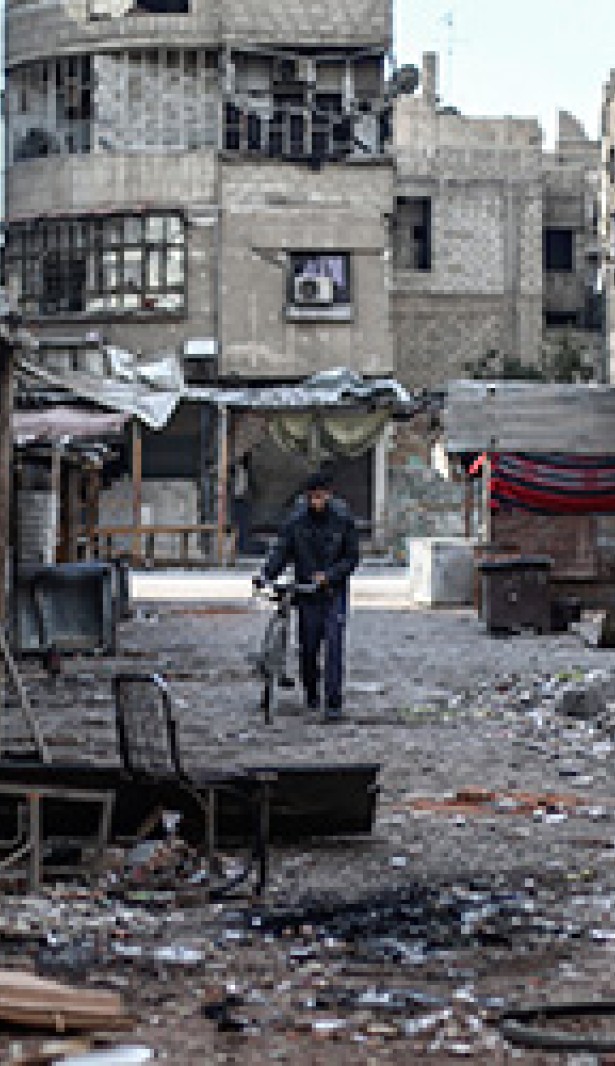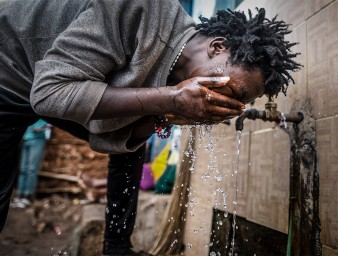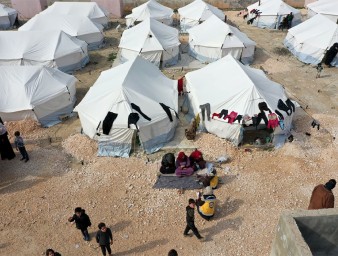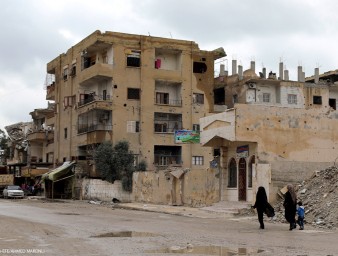Out of sight, out of mind: deaths in detention in Syria
15 February 2016
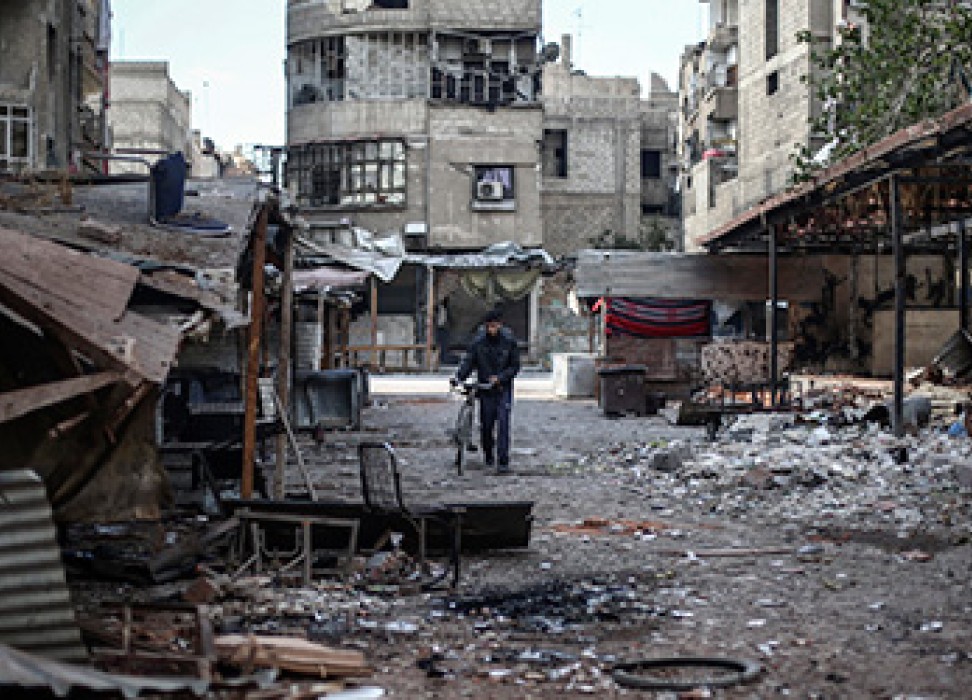
“Two detainees would die every single day,” a man recently detained in a Government-run facility in Damascus recalled.
He remembered when one of the prisoners left his cell to be interrogated.
“They tortured him so badly, and beat him on his head. When he came back to our cell, he told me ‘I don’t think I'll make it. Please, take care of my children.’ He died 15 minutes later. The guards just came in and took his body away,” he said.
This horrific account is drawn from one of over 600 interviews compiled by the UN Commission of Inquiry on Syria for its latest report, which examines the abuse and killing of detainees by all parties to the conflict over the past four and a half years, between 10 March 2011 and 30 November 2015.
Syrian men, women, and children have been picked up from the street, in their homes, at work, or arrested at Government checkpoints in order to be transferred to one of the dozens of official or secret Government-run detention facilities throughout Syria. These detainees are being killed on a massive scale in acts amounting to extermination in pursuance of a State policy to attack civilians, a crime against humanity, the report finds. Children as young as seven years old were among those found to have died in state custody.
Instead of investigating custodial deaths, Government forces wilfully conceal the fact that these deaths are caused by deliberate acts or omissions by high-level superiors.
“Prison officials, their superiors throughout the hierarchy, high-ranking officials in military hospitals, and the military police corps were aware that deaths on a massive scale were occurring,” said Commission Chair Paulo Sérgio Pinheiro. “Nearly every surviving detainee has emerged from custody having suffered unimaginable abuses. For ordinary Syrians, the spectres of arrest or abduction, and the near-inevitable horrors that follow, have paralysed communities across the country.”
Many other detainees perished in Government custody as a consequence of untreated wounds, diseases and deprivation of medical care.
At a security detention facility in Damascus at least three to four prisoners would die every day due to neglect, according to a defected security guard of the General Intelligence Directorate.
“They mainly died because of the unhygienic conditions in the overcrowded cells,” he said.
The cells were so overcrowded the prisoners couldn’t move at all. Their feet would become swollen and some prisoners would develop gangrene.
“If the medical condition was urgent, I would go directly to the director of the detention facility of the branch,” he explained. “Nobody would care, though. Eventually a doctor would go look at the sick prisoner, and maybe ask him some questions.”
Syrians are not only being tortured and murdered while in Government custody, but also in makeshift places of detention created by designated terrorist group Jabhat al-Nusra and some anti-Government armed groups.
“Civilians throughout Syria have been summarily executed following illicit trials, while some individuals taken hostage died in the custody of armed groups,” said Vitit Muntarbhorn, one of the members of the Commission.
An elderly woman who was part of a group of civilians from the Jisr Al-Shughour area of Idlib taken hostage by Jabhat Al-Nusra and held in a makeshift detention facility recalled hearing cries and shouting of men being tortured.
“I could hear everything through the walls — lashings, beatings, and worse,” she said. “Sometimes I heard the sound of gunfire when prisoners were executed.”
The Islamic State of Iraq and Al-Sham (ISIS) are also subjecting detainees to serious abuses, including torture and summary execution, amounting to crimes against humanity and war crimes.
“Those responsible for the inhuman treatment, torture, and deaths of detainees countrywide must be held to account,” said Commissioner Carla Del Ponte. “They are all individually criminally liable,” she continued, noting that, among its numerous recommendations, the Commission calls on the UN Security Council to refer the situation in Syria to the International Criminal Court in The Hague.
15 February 2016
